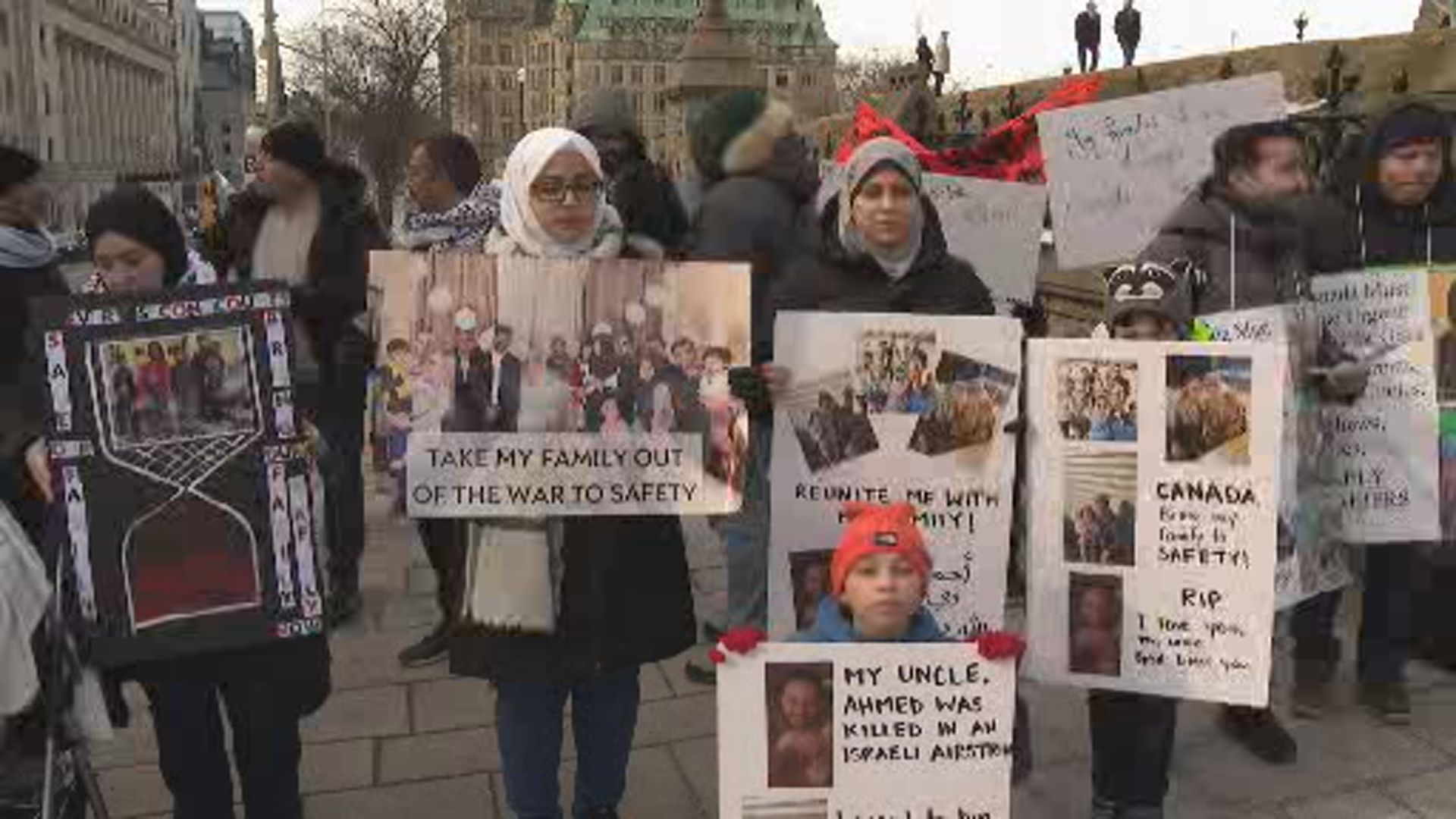As the clock ticks down, Canadians with loved ones trapped in Gaza are growing desperate. A federal visa program meant to offer a lifeline to Palestinian family members is nearing its April 22 deadline, but many are still tangled in a slow and convoluted process, fearing their relatives won’t escape the war-torn region in time.
Damey Lee, one of several immigration lawyers behind a Federal Court lawsuit, is fighting for 53 Palestinian relatives of Canadian citizens stuck at the program’s starting line. Filed earlier this month, the suit demands that the Canadian immigration minister fast-track their initial paperwork so they can submit visa applications before the program caps out at 5,000 spots.
“There’s no excuse for this holdup,” Lee said in a recent interview. “There’s no screening at this stage—no reason for it to take this long.” She called the delays a bitter letdown for Palestinian Canadians. “This is a moment they’ll never forget—a time when Canada let them down.”
Launched on January 9, 2024, the temporary visa initiative has been slammed as overly complex. Applicants begin by submitting a statutory declaration and family identification via the Immigration, Refugees and Citizenship Canada (IRCC) website. If everything checks out, Gaza-based relatives receive a code to start their visa applications. If not, the IRCC promised an email with feedback—but Lee’s clients say they’ve gotten neither codes nor explanations, despite applying over a year ago.
“They’ve reached out to the department, lawyers, even their MPs—nothing’s worked,” Lee said. The preliminary step, she argues, is needlessly unique, with no admissibility checks until later.
Time isn’t the only thing running out. As of January 28, 4,873 applications were already in the pipeline, leaving scant room under the 5,000-visa limit. Of those, 1,093 have been approved, and 645 people have reached Canada, according to IRCC.
The department, responding to questions about the lawsuit’s claims, said it couldn’t discuss specific cases. “We’re swamped with submissions,” an unsigned statement read. “We’re checking them all, but processing depends on each case and remaining slots.”
For those waiting in Gaza, the stakes couldn’t be higher. Local officials report over 46,000 deaths since the conflict flared on October 7, 2023, when Hamas militants killed 1,200 in Israel and took 250 hostages, sparking a devastating war. The lawsuit paints a grim picture: families dodging airstrikes, living in tents on rubble, and enduring horrors like a grandson losing a leg to a bombing or a relative shot while scavenging for food.
One Canadian, speaking anonymously to protect relatives under a confidentiality order, shared his anguish. His sister and her young son, still in Gaza, have awaited a code for over a year. “Food’s nearly impossible to find,” he said. “Even when aid trickles in, the lines are endless. She’s alone with a child—she can’t keep going like this.” His mother, he noted, made it to Canada last year through other channels.
With the IRCC due to respond in court by March 10, Lee and her team are pushing for an expedited ruling. “Every day counts,” she said. “This program’s turned into a cruel race for limited spots, pitting families against each other.”
As the April deadline looms, hope dwindles for those still waiting—caught between bureaucracy and a war with no end in sight.

